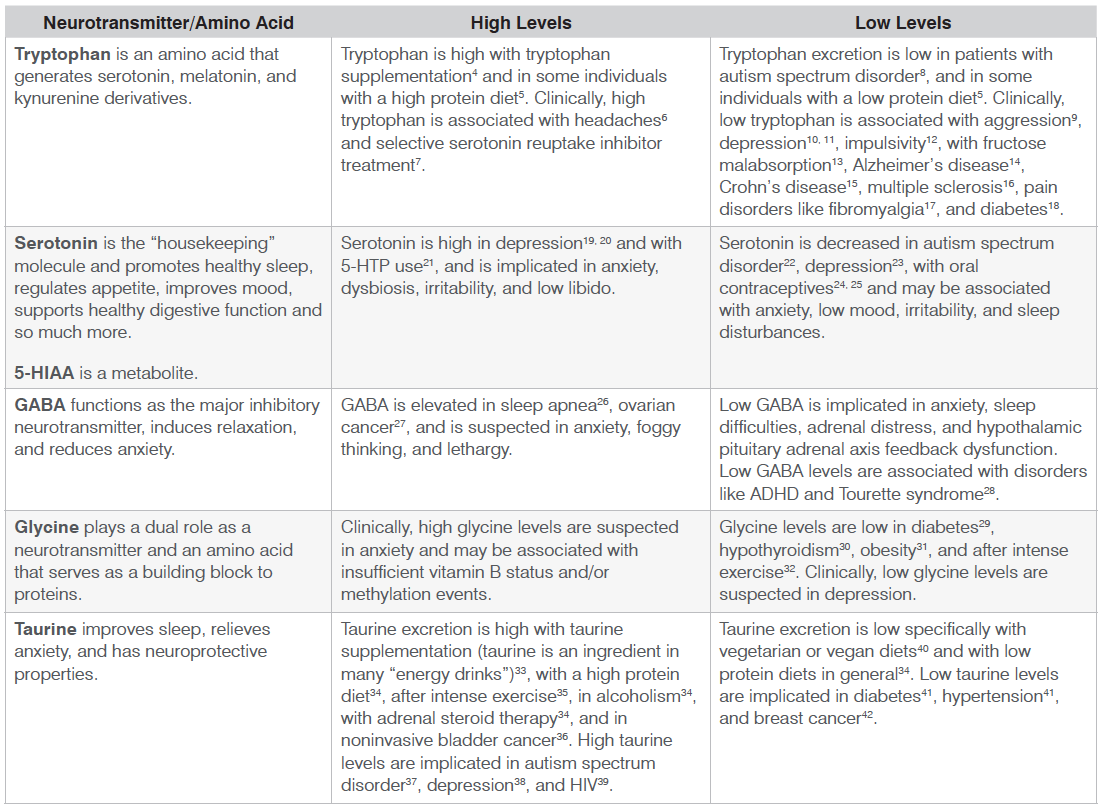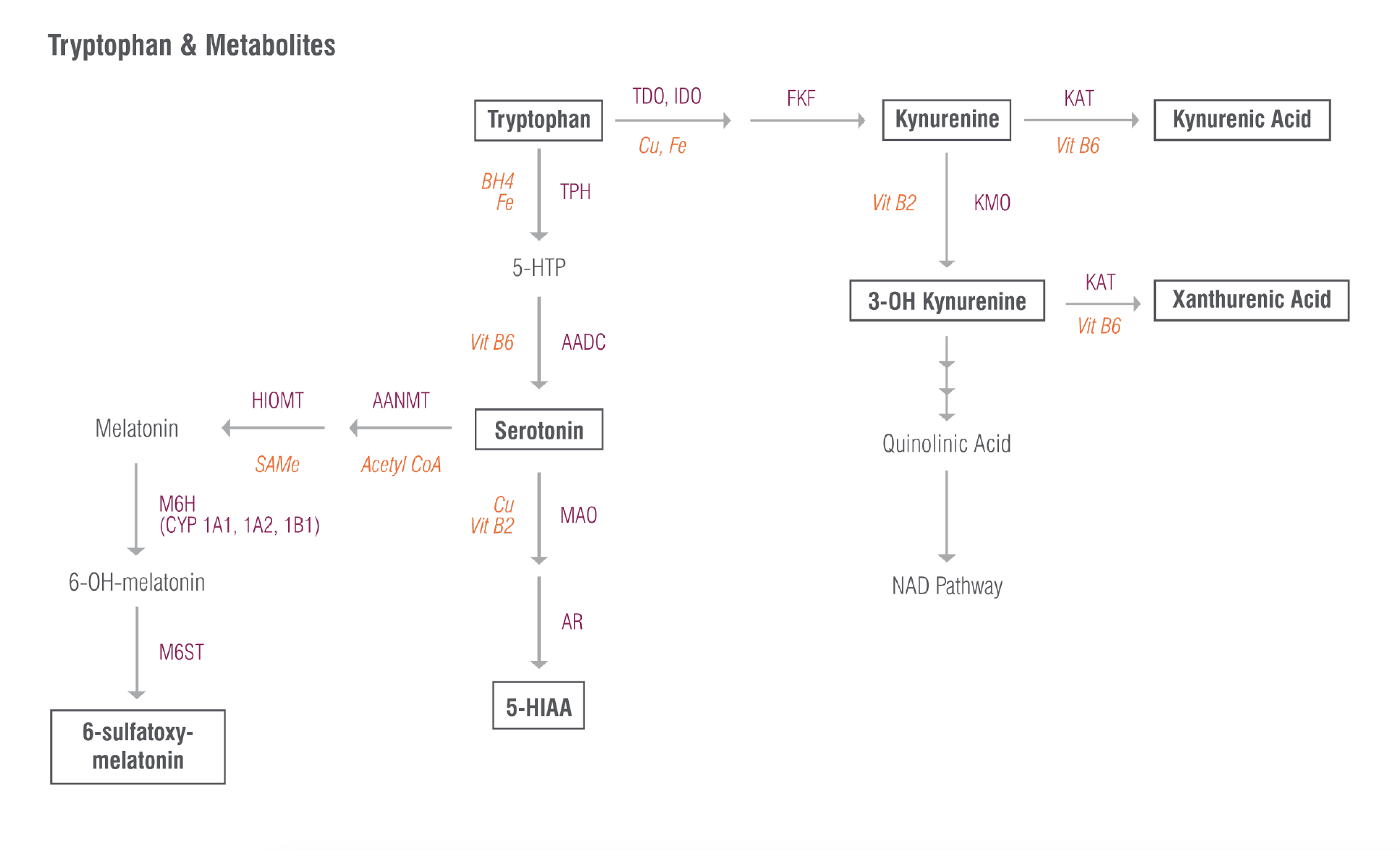This article is the start of a series entitled, The Six Pillars of Lifestyle Medicine. The true purpose of medicine is to promote wellness and longevity in good health by prevention and holistic healing, not by simply managing the symptoms of disease. In accordance with the principles of lifestyle medicine, we will be examining its six pillars and in some instances, getting first hand insight from the physicians in the Hint Health community. In this article, we dive into the pillar of nutrition with Christine Nedeau, MD, FAAFP, Founder and CEO of direct primary care practice, Bloom La Vie Health based in Kansas City, MO.
Nutrition is the top priority when it comes to health, Dr. Nedeau tells her patients, “nutrition fuels the body; it’s sending chemical messengers to the rest of your body for how it’s supposed to function.” For instance, if you’re consuming low quality foods and not getting adequate nutrition that your body needs, your internal systems will function in a subpar manner. In fact, nutrition supersedes exercise because it's what your body intakes that determines physical performance. Essentially, nutrition is the foundation of all the other pillars of lifestyle medicine and overall health and wellness.
Given how paramount nutrition is to positive health outcomes, it is astonishing that to this day most medical schools do not have an emphasis on nutrition and instead, med students learn about nutrition indirectly via the examination of systems of the body. Dr. Nedeau gained her expertise on nutrition by initially consulting with dieticians and later in her career receiving formal training at the Institute of Functional Medicine and the American Academy of Anti-Aging Medicine (A4M).
Christine Nedeau, MD, FAAFP admits that nutrition is a subject that is “very time intensive,” which is why most doctors working in the traditional fee-for-service model are not able to delve into this foundational pillar with their patients. Nutrition breaks down into not only fats, carbohydrates, proteins, etc., but also minerals, micronutrients, and how different diets affect the body and can address certain health issues.
“You need to know nutrition in order to help people recover from disease and definitely [to] prevent disease. And simply correcting some nutritional deficiency, makes a world of a difference for so many symptoms that patients experience.” - Christine Nedeau, MD, FAAFP
Through nutrition, Dr. Nedeau is able to work with patients and solve their health problems more easily and inexpensively instead of going through more costly or invasive procedures and medications.
“For the treatment, reversal and prevention of lifestyle- related chronic disease, the ACLM recommends an eating plan based predominantly on a variety of minimally processed vegetables, fruits, whole grains, legumes, nuts and seeds.” - The American College of Lifestyle Medicine
Mental Health and Nutrition
There is a strong correlation between mental health and nutrition because your brain and nervous system is fueled by what you eat. When Dr. Nedeau sees patients who are experiencing depression, anxiety and even for her autistic patients, the first thing she evaluates is nutrition. She examines what her patients are eating and orders labs to see if their digestive systems are effectively absorbing nutrients.

Tryptophan is an amino acid that is obtained from food and is a precursor for serotonin production. Through food, patients can have control over their mood since serotonin not only regulates mood, but also has other functions affecting hunger, sleep, sexual desire, happiness, learning, and memory as well as stabilizing body temperature. Instead of managing symptoms via prescription medications, people can have more agency by healing themselves through food, which often has better and more sustainable results.

Changing Our Relationship with Food
We asked Christine Nedeau, MD, FAAFP although people can control what they put in their mouths, it is often easier said than done, so how can we develop better habits around food and nutrition intake? Dr. Nedeau suggests that in order to change our relationship with food, we need to shift our mindsets to adopt an attitude of food as fuel for performance rather than pure indulgence.
“Our body is our vehicle and it absolutely needs quality nutrition and fuel, in order to perform to its optimal best.” - Christine Nedeau, MD, FAAFP
When it comes to nutrition, there is a foundation that does indeed apply to all and it consists of more vegetable-based, low-processed, natural foods. And to clarify, this does not mean you must become a vegetarian or vegan, because there can be nutritional deficiencies with that diet, if you’re not careful about your assortment of meals and snacks.
The goal post is to get to a more “farm-to-table” way of eating with less ingredients and processing. From this foundation, Dr. Nedeau gets more granular with patients who have certain health implications to help address those issues or genetic risks, such as diabetes. Even though individuals may have certain genetic markers of disease or even mental illness, with the right nutrition and environment, those risks can most certainly be mitigated.
The key to moving away from highly-processed foods is to methodically get back to basics by making small changes that are incremental and easy to maintain relative to each individual’s budget and access.
Unfortunately, Americans do not eat enough vegetables and many of us don’t know where to start when it comes to preparing vegetables, so Christine Nedeau, MD, FAAFP breaks it down for her patients by color coding and nutrient labeling. She also informs her patients on the quality of certain vegetables. Lettuce, for example, is very low quality, in terms of nutritional value.
Inflammation in the Body
Disease comes from excessive inflammation in the body, which damages tissue. We need some level of inflammation for the body to heal itself, but too much of it and/or chronic inflammation is detrimental to the body. By not eating nutritious foods, you can increase the level of inflammation in the body. Eating well not only promotes the right balance of inflammation in the body, so that it is there only when necessary, but also encourages detoxification, removing waste from the body, as waste also causes inflammation.
By focusing on gut health, which evaluates the quality of food intake, whether the food is getting digested properly and the nutrients are getting delivered to the body’s systems. When the body processes these nutrients, however, there is waste that results from it and it is crucial for this waste to be removed or else it will damage the body.
The foods we consume do have an impact on detoxification. For example, antioxidants help to remove waste. There are vitamins and minerals such as vitamin b-complex and iron that support the enzymes in the body to help eliminate toxins and waste. Dark green leafy vegetables, which contain chemical compounds including dim and indole are also really important to help clean up waste and if you’re not consuming enough of these things, then your body is holding onto toxins longer than it should, which creates inflammation.
Taking Small Steps Towards a Healthier You
There is so much to consider and examine with nutrition and its impact on health and longevity, and this article only scratches the surface. It’s a great reminder of the small decisions you can make each day around the fuel that keeps your body operating optimally. We will be sure to revisit this subject and invite Dr. Christine Nedeau, MD, FAAFP back to share more insights. In the meantime follow the Bloom La Vie Health Blog for more nutrition based content.

